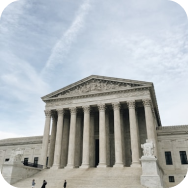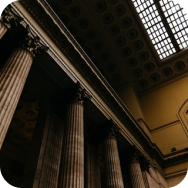Why it matters:
- Federal court of appeals judges heard oral arguments about whether private religious schools must comply with Maine’s anti-discrimination statute to receive tuition vouchers.
- Two schools are appealing the decision by the US District Court in the District of Maine, which ruled in favor of the state.
- All schools must follow Maine’s anti-discrimination law, which effectively limits religious schools from participating in the voucher program; in the three years since the 2022 Supreme Court ruling allowed sectarian school participation, only one sectarian school has elected to participate.
- The court’s decision is likely to be further appealed—but it could ultimately remove a major barrier to school choice nationwide.




